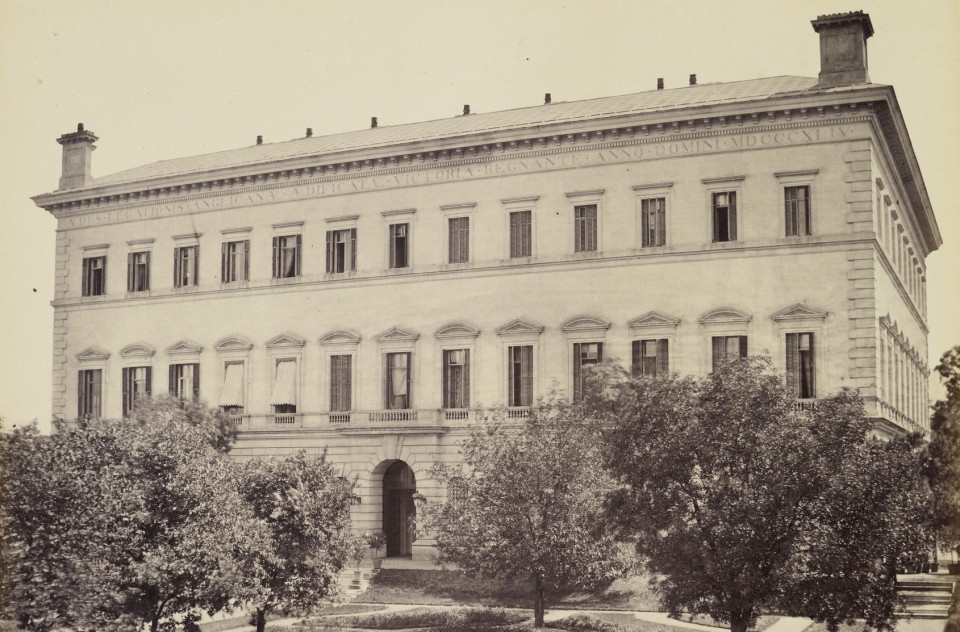
The Islamic Republic of Iran is holding two sets of elections on Friday 26th February. The elections for the Assembly of Experts (Majles-e Khobragan Rahbari) and the Islamic Consultative Assembly (Majles-e Showrā-ye Eslāmī), or Majles, will have far reaching consequences for the future shape of the Iranian state and could well define the nature political legitimacy in Iran for decades to come.
The Assembly of Experts is the Constitutional body in charge of the appointment of the Supreme Leader and is made up of 88 Islamic scholars and Jurists. It is increasingly likely that this body will at some time be called upon to select a new Supreme Leader during its next eight year term as the 75-year-old Supreme Leader Ali Khamenei’s health continues to deteriorate. The Supreme Leader recently underwent a series of operations for prostate cancer and rumours about his health have persisted.
As the spiritual and temporal leader of the Islamic Republic, with effective control of the key institutions of State, the next Supreme Leader will be able to stack the odds in favour of his allies through controlling the vetting of candidates and the appointment of officials. It is also likely that the next Supreme Leader will be in office when the clauses in the Joint Comprehensive Plan of Action (JCPOA), that restrict Iran’s enrichment of Uranium, expire in 15 years’ time.
This is why Khamenei and his allies have long been on manoeuvres to secure the Assembly of Experts. Khamenei forced the Assembly to sack former President Hashemi Rafsanjani from the chairmanship of the body in 2011. Rafsanjani’s political rivalry with Khamenei has led him to grow closer the Reformists and he has been a supporter of Hassan Rouhani’s during his presidency and has supported Reformist candidates in this election. In March 2015, Khamenei’s office intervened again, and Rafsanjani lost the election for the Chairmanship of the Assembly to Ayatollah Mohammad Yazdi, a conservative and former head of the Judiciary.
The Chairman of the Guardian Council, Ayatollah Ahmad Jannati, had begun the process of side-lining the Rouhani, Rafsanjani and the reformists through mass disqualifications of candidates. To qualify for the Assembly Expert candidates must pass a written and oral test to demonstrate that they religiously qualify as a Mujtihad. Hassan Khomeini, the grandson of the founder of the Islamic Republic, who is closely aligned with Reformist figures, was barred from standing, along with thousands of other moderate candidates; a clear sign that the hardliners are attempting to prevent a Reformist resurgence.
It is not only the composition of the Assembly of Experts that could have a lasting effect on Iranian politics. The results of the Majles elections will decide whether Rouhani will be able to the secure the social and economic reforms promised during his election.
Both Rouhani and his Foreign Minister, Mohammad Javad Zarif, have been riding on a wave of popularity amongst Iranians since the nuclear deal was agreed to in July 2015. Consequently they have been attacked by hardliners in government and the press, who are deeply worried that Rouhani and his allies will use this opportunity to fill the Majles with centrist and Reformist members. They hope that by discrediting Rouhani’s achievements in securing the nuclear deal and linking him with the “seditionists” of the Green Movement, they can retain control of the Majles and oppose any reforms that Rouhani may try and make in the cultural sphere.
Although Rouhani as President chooses his cabinet all appointments must be approved by the Majles, which is currently dominated by the conservatives after the Guardian Council systematically disqualified many Reformist and independent candidates in the run up to the 2012 Parliamentary Elections. Three Reformist nominees for the Ministries of education; science research and technology; and Sport and Youth Affairs, were rejected by the Majles when proposed by Rouhani in 2013. In reality, a President does not have full control over his cabinet appointments and so controlling the Majles is of vital importance to Rouhani, particularly if he succeeds in winning a second term in 2017.
Currently the 290 member Majles is dominated by the conservatives after the Guardian Council systematically disqualified many Reformist candidates in the run up to the 2012 Parliamentary Elections. The Supreme Leader had been shaken by the popular protests against President Ahmadinejad’s rigged 2009 election and that some Reformist politicians had called for the release of the Green Movement’s leaders from house arrest. In total 750 candidates were disqualified by the Guardian Council, of which 35 were existing Parliamentarians.
Although the Guardian Council disqualified 90 per cent of the 3,000 Reformist parliamentary candidates it was later forced to announce on 6th February that it had approved an extra 1,500 parliamentary candidates for the election, following criticism from Rouhani, Rafsanjani and other Reformist figures.
Rouhani has challenged the current interpretation of the Constitution and the role the Guardian Council plays in elections. On 7th December 2015 Rouhani said, “My view of the Guardian Council is a constitutional view. The constitution sees the Guardian Council as a supervisor and we also see it as a supervisor.” He had previously questioned the role of the Guardian Council in a meeting with his Cabinet earlier that year in August. He said that the council was a “supervisor, not an administrator,” and that the role of administering the elections was the duty of his government.
Rouhani is unlikely to be successful in challenging this interpretation of the Guardian Council’s role whilst Khamenei is still alive. The results of the elections this Friday may affect the short term prospects of Rouhani’s Presidency but more importantly it has the potential to shape Iran’s institutions and change the balance of power between those who seek to govern through ideological purity and pragmatists who are will to be part of the international community.
